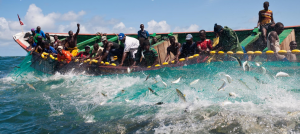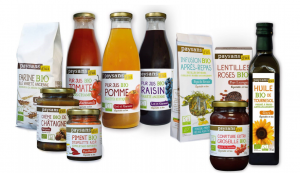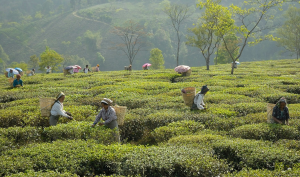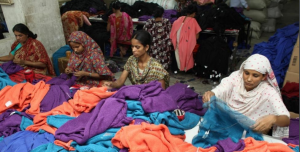
Fish on the menu but for how much longer?
Unlike many of its neighbours, Senegal has a very large local fishery sector which plays an essential role in local food security. But tens of thousands of fishermen are too many, especially since they have to share the seas with foreign competitors and Russian pirates, which is why fish stocks have declined dramatically. Fortunately, the Senegalese government and the fisheries associations are acting.










